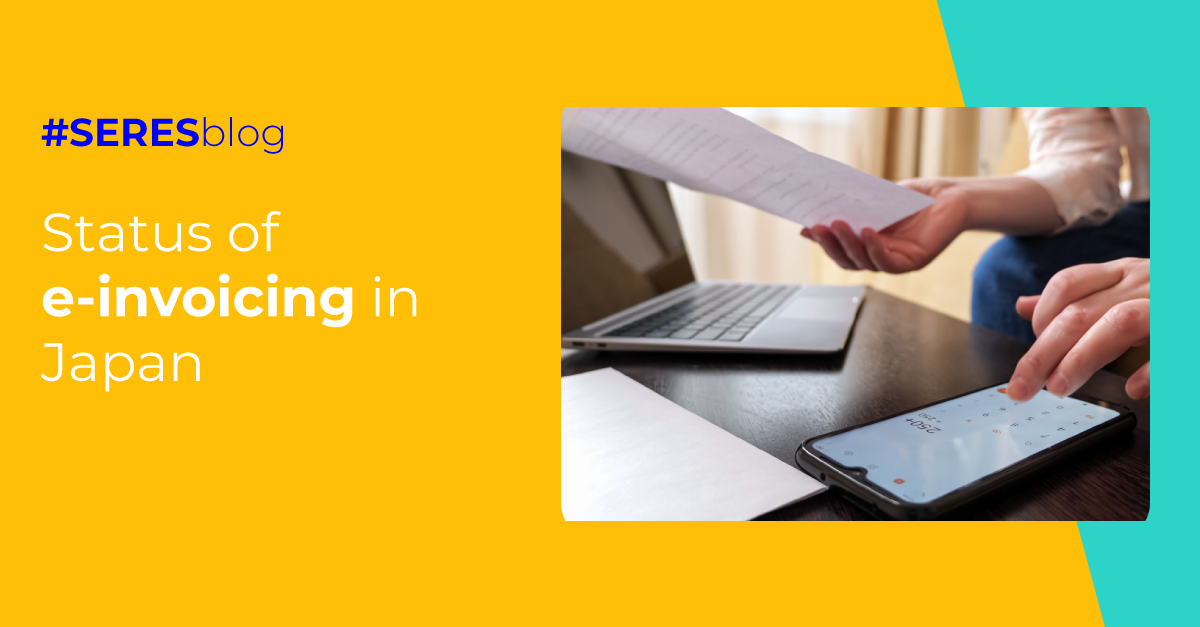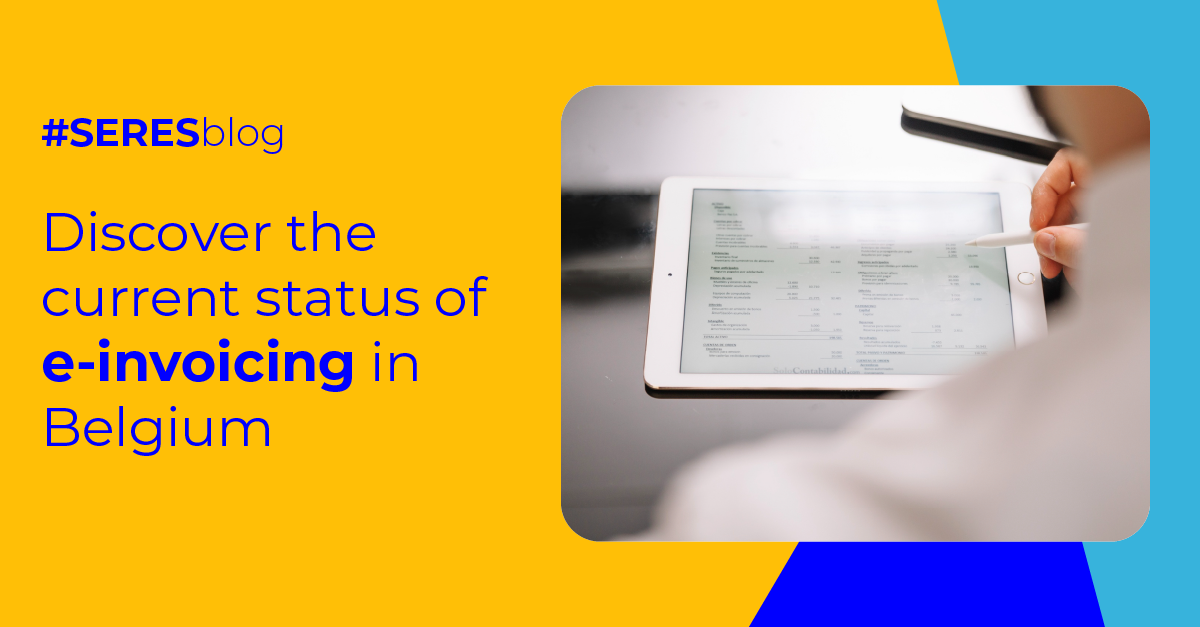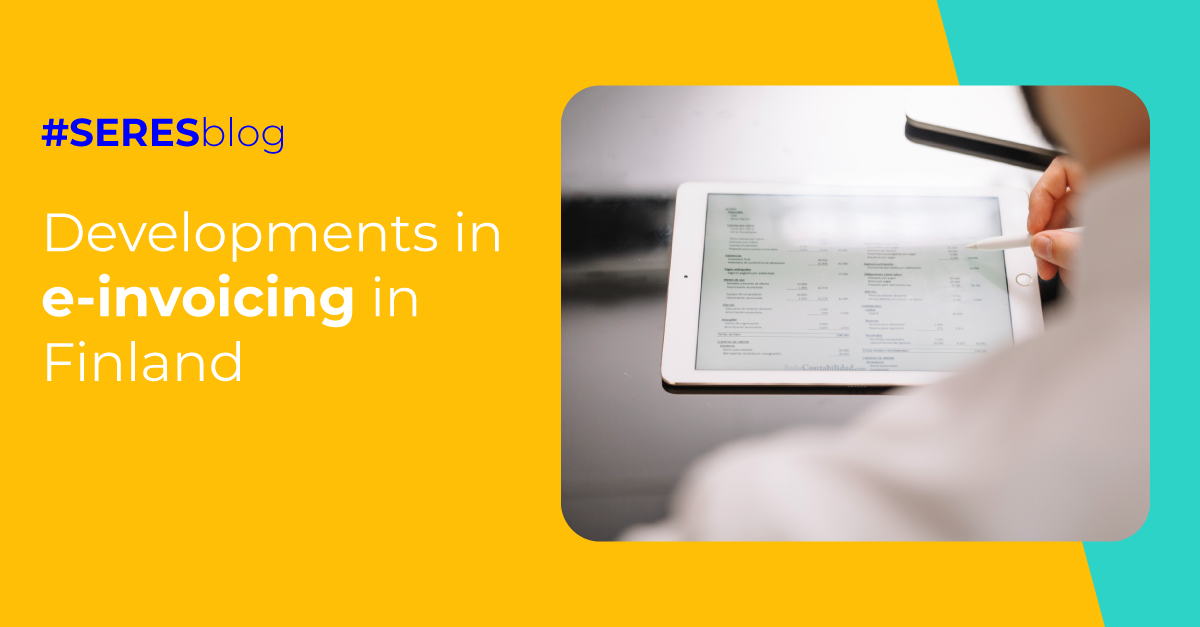The success of e-invoicing in Norway
On 1 July 2025, the Norwegian Ministry of Finance asked for people's opinions on introducing digital accounting and electronic invoicing for companies that have to follow accounting rules. The aim is to make processes more efficient.
From 1 January 2028, businesses will have to start using electronic invoices. From 1 January 2030, they will also have to start using digital accounting and receiving electronic invoices.
Norway, along with Denmark, Sweden, and Finland, is one of the countries that has made the strongest commitment to the adoption of electronic invoicing in the B2G area.
Although it is not an EU member, the Scandinavian country has made efforts to comply with the requirements that EU member states follow. An example of this is the Digitaliseringsrundskrivet and Nye obligatoriske IT-standarder i offentlig sector law. This law transposed the European Directive 2014/55/EU.
The evolution of e-invoicing in Norway
Since 2011, all central government entities in Norway have been required to receive and process invoices electronically. One year later, in 2012, it became mandatory for suppliers to central authorities to issue electronic invoices in accordance with the EN 16931 standard.
According to FOR-2019-04-01-444, as of 2 April 2019, all public entities must receive and process invoices electronically.
In addition, suppliers to public entities will be obliged to send electronic invoices and central government contracting authorities that issue invoices will be obliged to offer PEPPOL invoices to recipients.
The authority responsible for regulating e-invoicing in Norway is Skattetaten (The Norwegian Tax Administration). It authorises all registered PEPPOL access points in the country (there are currently 45 in total) and operates the ELMA registry, a PEPPOL service metadata publisher that contains the identities and receiving capacities of all public entities and private companies that communicate using PEPPOL.
On the other hand, B2B e-invoicing in Norway is voluntary.
How does the e-invoicing model work in Norway?
Norway relies on the PEPPOL network, particularly for cross-border transactions, and uses the PEPPOL BIS 3.0 format. However, Norwegian public bodies also recognise the EHF (Elektronisk Handelsformat) format.
Economic operators can submit e-invoices via their ERPs or authorised e-invoicing solution providers.
The e-invoicing process in Norway is largely automated, as the e-procurement infrastructure is based on the specifications of the PEPPOL interoperability framework and the PEPPOL network itself.
Most public entities have an economic system that can manage their invoices. Invoice flow systems are used for invoice approval prior to payment.
E-invoices do not require an electronic signature and must be archived for 5 years, except for the oil recovery and pipeline industry where the archiving period is 15 years.
Electronic tax reporting project in Norway
All businesses in the country are required to submit VAT reports electronically to the Tax Administration. Starting January 2022, Norway mandates VAT reporting through electronic SAF-T files.
What is the SAF-T file?
The SAF-T format allows for electronic reporting as companies can export data from their accounting books in XML format.
In Norway, this is achieved through the Altinn portal, which serves as a common platform for electronic communication between companies and authorities.
Furthermore, there is a proposal to introduce electronic reporting of all purchases and sales on a transactional level by 2024, as outlined in a discussion paper published by the tax authorities.
From the second quarter onwards, the standard declaration (RF-0002) and the agricultural sector declaration (RF-0004) will be replaced by SAF-T.
Characteristics of SAF-T in Norway
The SAF-T file contains 30 codes, of which 25 are mandatory in the digital VAT return when there is transaction activity related to the specific codes. The Norwegian version of SAF-T is divided into two parts:
- The Financial part includes the general ledger, customer, supplier, and tax master data, as well as stock movements, product data, and asset register.
- The Cash part includes locations, cash registers, and cash transactions.
What are the objectives of the SAF-T files in Norway?
The intention behind the SAF-T files is to facilitate tax compliance, streamline control processes and simplify external audits:
- SAFT- files in Norway act as a means to export accounting data as requested by the tax administration and other interested parties.
- It functions as a file format for those who are obliged to keep accounts according to the country's accounting legislation.
- You will be able to transfer data when changing accounting software and from accounting software to other financial systems (tax calculation or business intelligence software.



